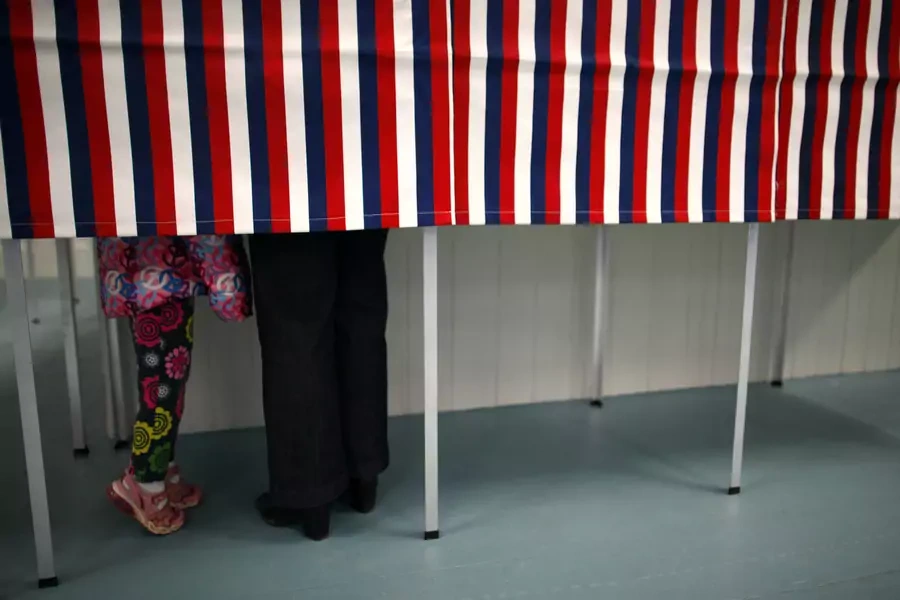Remembering the 19th Amendment: Women’s Fight for the Right to Vote

One hundred years ago today—on August 18, 1920—the U.S. Congress ratified the 19th amendment, making it illegal to deny U.S. citizens the right to vote on the basis of sex. It was a milestone victory for the women’s suffrage movement, which had fought for women's right to vote for decades.
The United States was far from first, however. By 1920, women had already won the right to vote in a handful of other countries around the world. New Zealand led the way in 1893, becoming the first self-governing country in the world where adult women could vote in parliamentary elections. Australia followed suit in 1902 with the Commonwealth Franchise Act, though only included white women; it would take another sixty years before Aboriginal women in Australia would be allowed to cast their ballot. In 1906, Finland became the third country to extend voting rights for women, and the first to allow all women to stand for parliamentary elections.
More on:
But in the United States, as in many other countries, the 19th amendment didn’t treat all women equally. It excluded Native American and Asian American women who weren’t considered citizens by the legal system until the passage of the Indian Citizenship Act in 1924 and the McCarran-Walter Act in 1952. And many women of color were unable to exercise their legal right to vote because of Jim Crow laws, poll taxes, and literacy tests that disenfranchised Black women. It was not until the passage of the 1965 Voting Rights Act that racial discrimination in voting was prohibited by law, though concerns about voter suppression remain.
To commemorate the ratification of the 19th amendment and highlight how the fight for equality for all women continues to this day, Rachel Vogelstein spoke on the latest episode of The President’s Inbox. Listen to the episode here>>
More on:
 Online Store
Online Store
